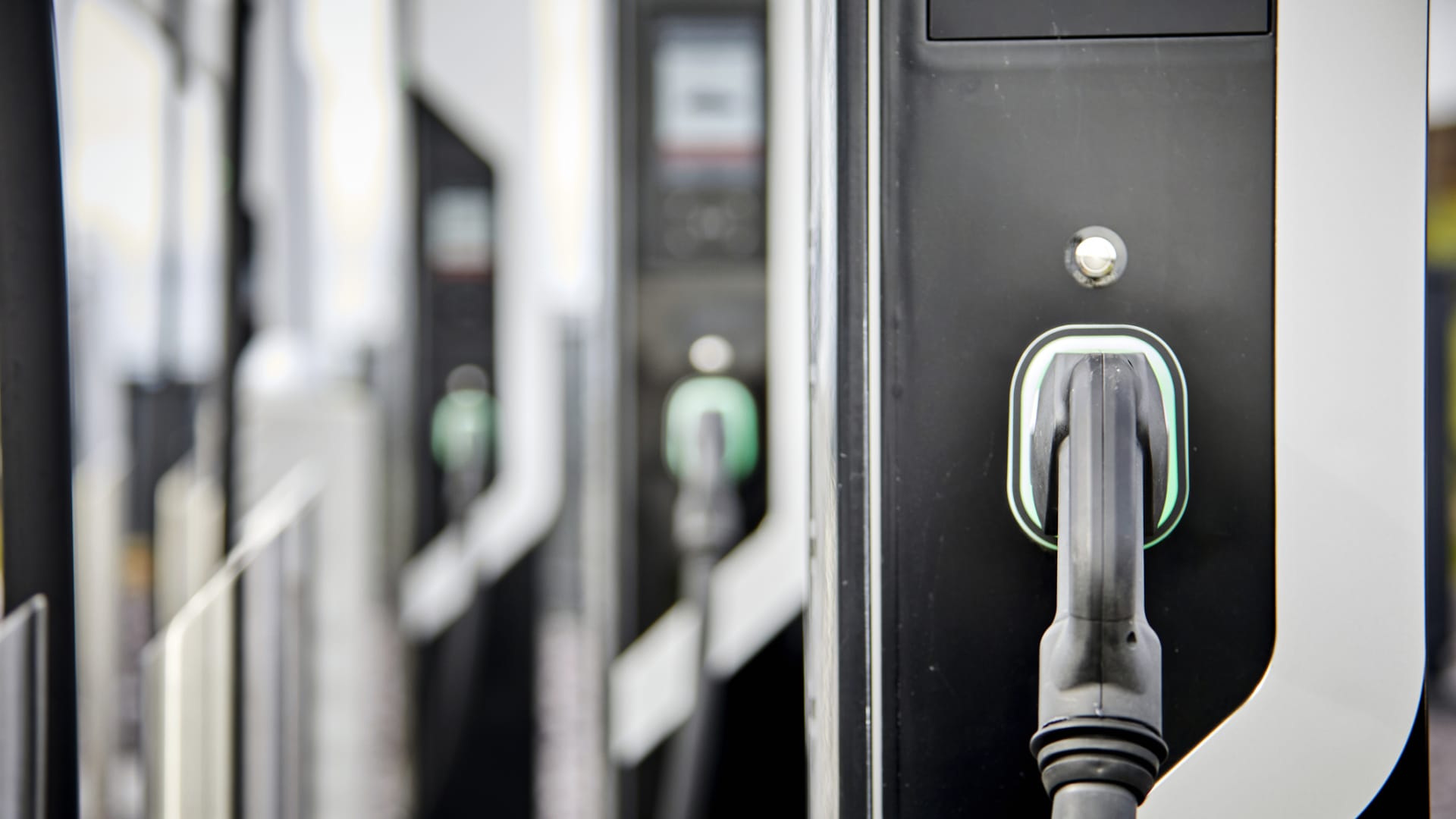
Charging points for electric vehicles in London, England.
Jon Challicom | Moment | Getty Images
LONDON — U.K.-based electric vehicle battery firm Britishvolt said Wednesday it had secured short-term funding, a move that will enable it to stave off administration for the time being. The company said its employees had also agreed to a pay cut for November.
In a statement published by Sky News, the firm said: “While the weakening economic situation is negatively impacting much business investment at present, at Britishvolt we are continuing to pursue positive ongoing discussions with potential investors.”
“In addition, we have also received promising approaches from several more international investors in the past few days.”
“The result is we have now secured the necessary near-term investment that we believe enables us to bridge over the coming weeks to a more secure funding position for the future.”
“To further reduce our near-term costs, our dedicated employee team has also voluntarily agreed to a temporary salary reduction for the month of November.”
Britishvolt is looking to build a gigafactory in the county of Northumberland, northeast England. The company has received backing from mining giant Glencore, among others.
So-called gigafactories are facilities that produce batteries for electric vehicles on a large scale. Tesla CEO Elon Musk has been widely credited as coining the term.
Britishvolt, which attracted attention due to its bullish plans, had previously said its plant would have the capacity to produce more than 300,000 EV battery packs each year.
In January of this year, it said the first phase of the gigafactory would begin production in the fourth quarter of 2023 or the start of 2024.
The U.K. is looking to increase the number of electric vehicles on its road in the years ahead.
Authorities wants to stop the sale of new diesel and gasoline cars and vans by 2030. They will require, from 2035, all new cars and vans to have zero tailpipe emissions.
The European Union, which the U.K. left on Jan. 31, 2020, is pursuing similar targets.







